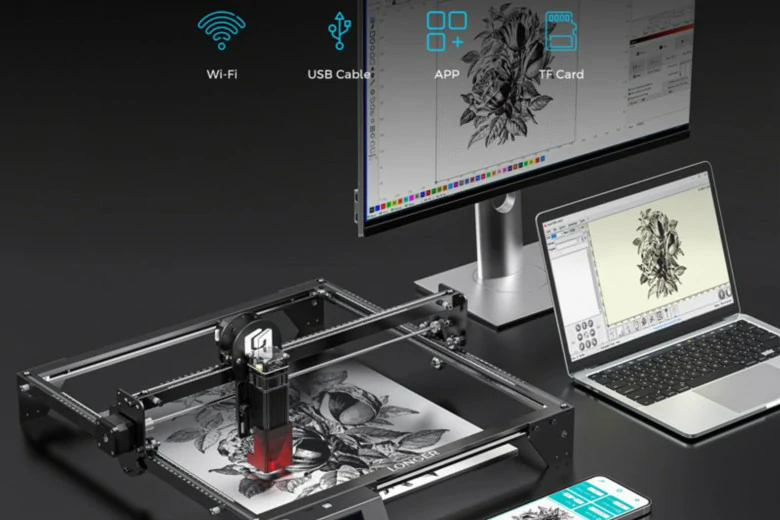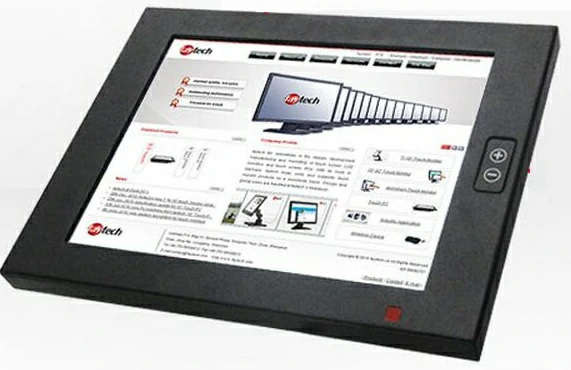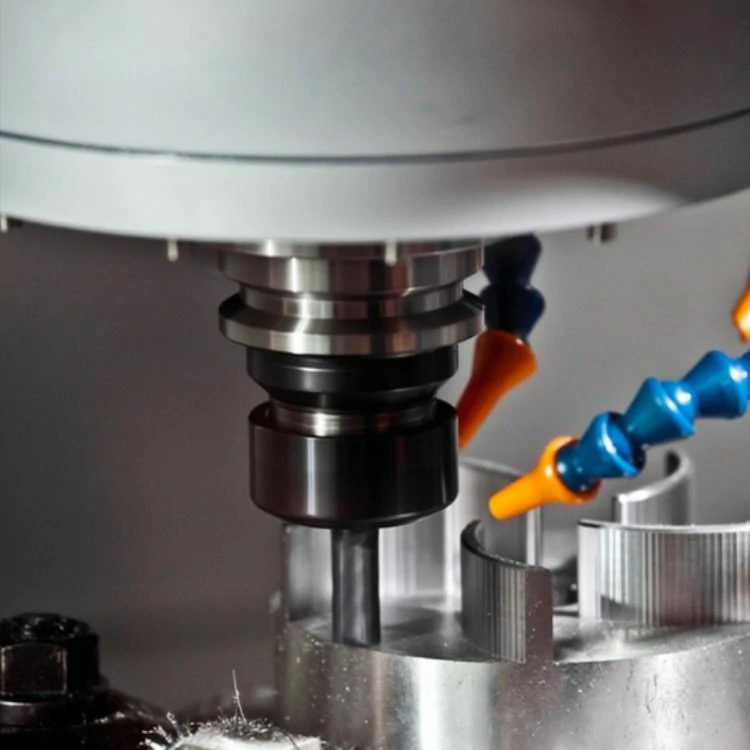Title: How to Choose the Right Materials for CNC Machined Parts
Introduction:
CNC machining has revolutionized the manufacturing industry by providing accurate and precise parts. However, the success of CNC machining largely depends on selecting the right materials. This article will guide you through the process of choosing the appropriate materials for CNC machined parts.
1. Consider Material Properties:
The first step is to identify the required properties of the machined part. Different applications demand specific characteristics like strength, durability, corrosion resistance, thermal conductivity, and electrical conductivity. Understanding these requirements will help in narrowing down the material choices.
2. Evaluate Common Materials:
There are numerous materials available for CNC machining. Let’s discuss some commonly used ones:
a. Metals:
– Aluminum: Lightweight, corrosion-resistant, and suitable for various industries.
– Stainless Steel: Offers excellent strength, durability, and resistance to corrosion.
– Titanium: Combines high strength with low weight, perfect for aerospace applications.
– Brass: Known for its electrical conductivity and aesthetic appeal.
b. Plastics:
– ABS: Tough and versatile, often used for prototyping and consumer products.
– Nylon: Provides high strength, flexibility, and resistance to wear and tear.
– Polycarbonate: Offers transparency, impact resistance, and heat resistance.
– Acrylic: Known for its optical clarity and exceptional weatherability.
3. Factor in Cost:
Consider the cost of materials along with their properties. Some materials may be expensive but offer superior performance or unique features that justify their price. Balancing cost-effectiveness and desired properties is essential.
4. Machinability:
Different materials have varying levels of ease when it comes to machining. Factors such as tool wear, cutting speed, and chip evacuation should be considered. Some materials, like aluminum, are widely regarded as easy to machine, while others, such as hardened steel, may require specialized tools and expertise.
5. Compatibility with Finishing Processes:
If you require additional finishing processes like painting, anodizing, or plating, ensure that the chosen material is compatible with these processes. Some materials may react adversely to certain finishes or require additional surface preparation.
6. Industry Standards and Regulations:
Certain industries have specific standards and regulations regarding the material used in machined parts. For example, aerospace and medical industries often require materials with high biocompatibility or fire resistance. Ensure compliance with these regulations to avoid complications down the line.
7. Seek Expert Advice:
When in doubt, consult with professionals experienced in CNC machining. Material suppliers, machine shops, and engineers can provide valuable insights and recommendations based on their expertise.
Conclusion:
Selecting the right materials for CNC machined parts is crucial for achieving desired performance and functionality. By considering properties, evaluating common materials, factoring in cost, machinability, compatibility with finishing processes, industry standards, and seeking expert advice, you will make informed decisions that maximize the potential of your CNC machined parts.



